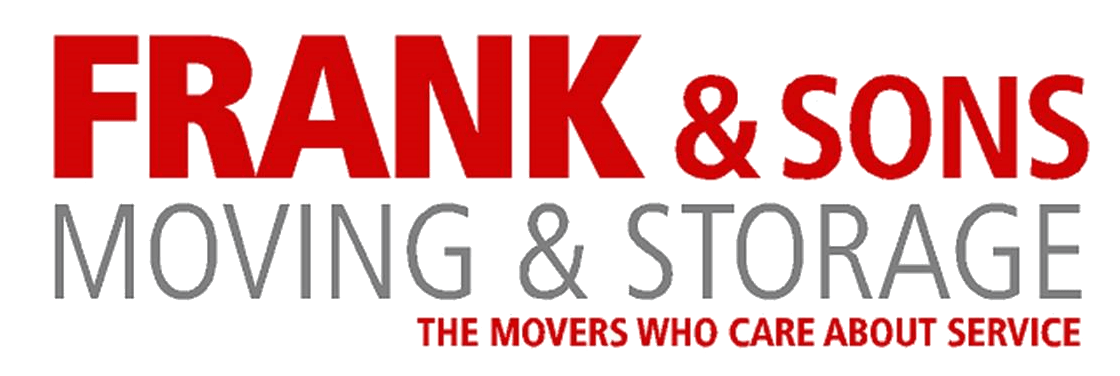Make your Transition as Smooth as Possible
Whether you are moving to a new residence, a smaller home, a retirement community or an assisted living community, moving can be a stressful and overwhelming event. From sorting through a lifetime of treasures and deciding what furniture will fit to packing and setting up the new residence, moving can be challenging both physically and mentally. To make your transition as smooth as possible, consider the following 5 moving tips for seniors.
Begin the Moving Process Early
The earlier you begin the moving process, the better off you are. Make some important decisions early. How much involvement do you want to have in the moving process? Should you hire a Senior Move Manager? Do you need to downsize and sort through your belongings? Are you planning to hire professional packers? Whether you are moving across town or across the nation, moves require keeping track of many moving parts. Create a check list of actions and dates. Once you have created a checklist, take it one step at a time. Moving can be overwhelming. Breaking down activities into small pieces makes the process more manageable and less stressful. If you are downsizing and need to go through your entire residence, focus on one area at a time.
Hire an Accredited and Licensed Senior Moving Manager
A senior move managers objective is to assist seniors and their families when transitioning from one residence to another. Specializing in managing senior moves, senior move managers develop a relocation plan that not only fits your individual needs but also reduces the emotional and physical stress associated with relocating. If you are an in or out of town adult child helping your parents, senior move management services provide peace of mind knowing your parents are being taken care of compassionately. From coordinating estate sales and de-cluttering to packing and hiring movers, senior move managers will do as much or little as you need and include:
- Room by Room Sorting and Downsizing
- Customized Floor Plan of your new Residence
- Packing / Unpacking
- Staging for Selling
- Organizing Estate Sales & Auctions
- Utility Transfers
- New Resident Hook Up
- Hiring and Overseeing Movers and Moving Day
- And More
Research Moving Companies if Moving on your Own.
Not all moving companies are created equally. Protect yourself and your belongings and know who you are hiring. Find an entrusted professional moving company that understands and cares about seniors. This will help reduce the stress associated with moving. A little research goes a long way. With millions of moves every year it’s a miracle that most of them go smoothly, with no issues whatsoever. But even with so many smooth moves, scams or shoddy practices do occur. Do not be the victim of a mover horror story. Prequalifying a mover prior to making a phone call is the best way to ensure that you will be contacting a reputable mover to do the job. Don’t waste your time! Utilize the internet, websites provide a wealth of information. Find out how long the company has been in business, look at the company’s reviews. You want one that’s been around a while, ideally 10 or more years with positive reviews. Get moving estimates through walk throughs, review the estimates, compare the estimates. Ensure that the company your hire has the proper insurance and licensing to move you legally.
Downsize (Rightsize) Early
One of the hardest things to do is part with your possessions. If you are restructuring your living space to better suit your needs and lifestyle, you may need to downsize (rightsize) your belongings. Take the time to clarify which possessions are the most and least important to you and determine which items will fit in your new residence and which will not. Remember, sorting through a lifetime of treasures takes time. Go room by room and ask yourself
- Will this item fit in my new residence?
- Have I used this item in the last year?
- Is it likely I will use this item in the future?
- Do I have similar items that serve the same purpose?
- Am I saving this just in case I might use it in the future?
- Is the item in good working condition?
- Is this something I want to give to a family member?
As you are sorting through your possessions and determining what stays and what goes, label the items. Whether you are giving the item to a family member, donating the item, selling the item or throwing the item away, label it accordingly.
Pack Properly
Now that you have downsized, you can begin packing. If packing on your own or with the help of family and friends, avoiding rookie mistakes is critical. Proper packing will prevent your belongings from becoming damaged. Ensure you:
- Start packing early! You want to be fully prepared when movers arrive. You don’t want any delays.
- Make necessary arrangements for anything movers cannot move, such as paint, propane tanks, guns, liquor, cleaning supplies, gasoline, pesticides and aerosol cans.
- Wrap and pack your belongings carefully. Protect your belongings! If you do not use enough padding, your belongings can shift inside the box causing potential damage.
- Label, Label, Label – A moving truck full of unlabeled boxes will be a nightmare when you arrive at your new home, so take the time to label the boxes. Each box should identify its destination.
- Create an inventory sheet – This may make you cringe, but when the move is complete you can go through your list and ensure that every box is accounted for. This will be useful if a box is missing or damaged and a dispute arises.
Make sure to have the items you need during your relocation packed separately from the rest of your belongings. Set aside and pack the items you will need immediately upon arrival to your new residence. If the movers are moving these items, label the items, and let the movers know. Examples of items to include are:
- Clothing
- Prescriptions
- Toiletries
- Toilet Paper
- Important Documents
- Valuables – Jewelry
- If moving with pets – food, toys etc.…
- Towels
- Sheets
- Snacks
- Whatever else you think you will need for the first day or night in your new home.

